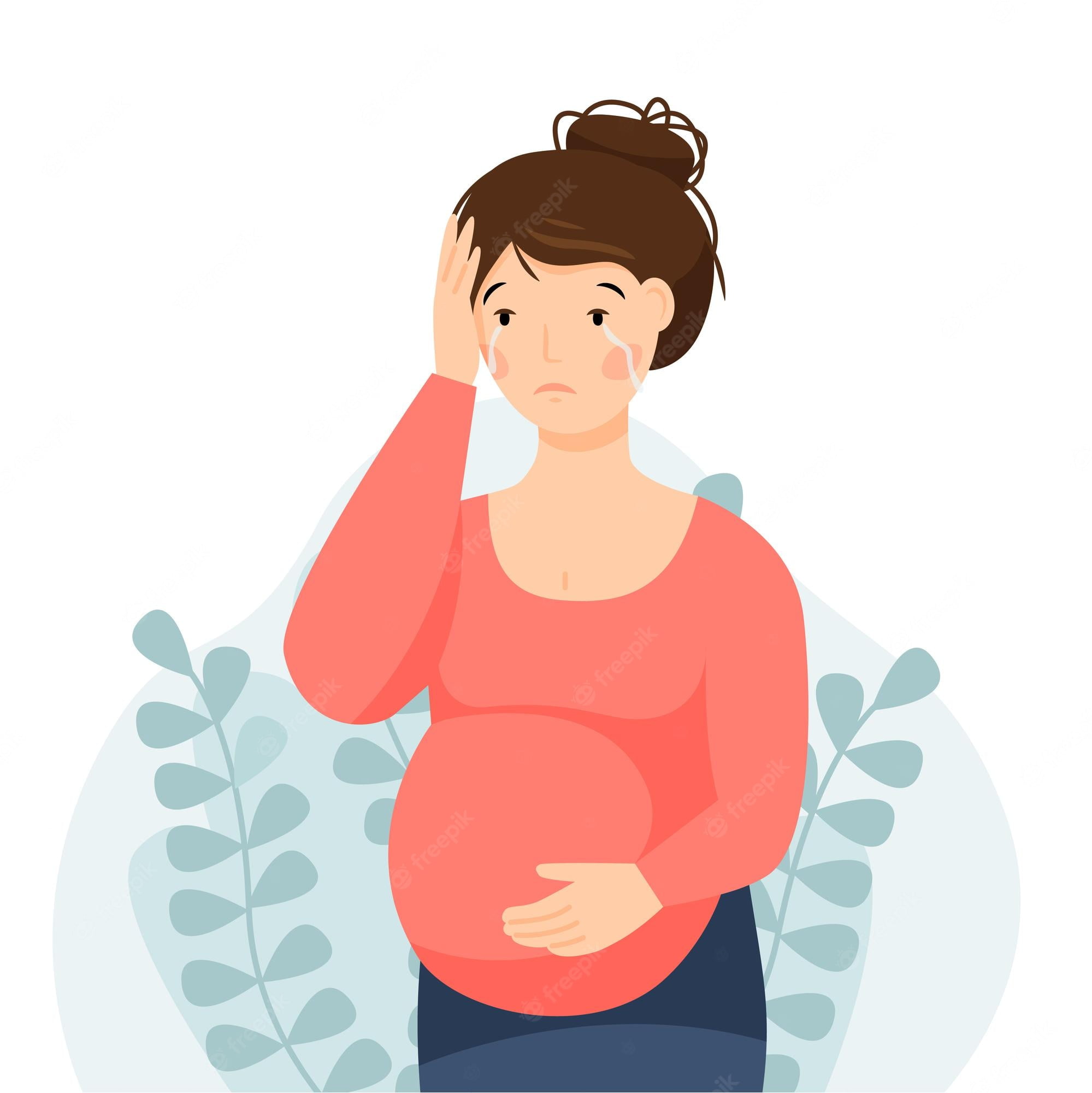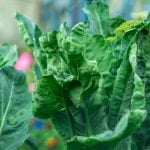
Contents
Introduction
Pregnancy is a crucial period in a woman’s life, where nutrition and wellness play a significant role in the health of both the mother and the developing baby. Sea moss, scientifically known as Chondrus crispus, is a type of red algae that has gained popularity for its potential health benefits. But is it safe and beneficial for expectant mothers?
What Is Sea Moss?
Sea moss is a type of seaweed found along the Atlantic coasts of Europe and North America. It has a long history of use in traditional medicine, particularly in Ireland and Jamaica. This seaweed is rich in essential nutrients, including vitamins, minerals, and antioxidants, making it a popular choice for improving overall health.
Nutritional Value of Sea Moss
Sea moss is a nutritional powerhouse, containing essential vitamins like vitamin A, vitamin C, and vitamin K. It’s also packed with minerals such as iron, magnesium, and calcium. These nutrients are vital for the proper development of the fetus and the well-being of the mother during pregnancy.
Benefits of Sea Moss During Pregnancy
Rich in Essential Nutrients
During pregnancy, the body’s nutrient requirements increase significantly. Sea moss can be a valuable addition to a pregnant woman’s diet due to its high nutritional content. It provides essential vitamins and minerals that support the healthy development of the baby and help the mother maintain her well-being.
Improved Digestive Health
Pregnancy often comes with digestive challenges, such as constipation and indigestion. Sea moss contains soluble fiber that can promote better digestion and alleviate these discomforts, providing relief to pregnant women.
Supports Immune System
A robust immune system is crucial during pregnancy to protect both the mother and the developing baby from infections and illnesses. Sea moss’s antioxidants and vitamins bolster the immune system, helping it function at its best.
Potential Concerns
While sea moss has numerous potential benefits, it’s essential to consider some concerns, especially during pregnancy.
Iodine Levels
Excessive iodine intake can be harmful during pregnancy. Sea moss is known to contain iodine, and its consumption should be monitored to avoid exceeding recommended iodine levels, which can affect thyroid function.
Risk of Contamination
Sea moss harvested from polluted waters may contain contaminants like heavy metals and bacteria. Pregnant women should source sea moss from reputable suppliers to minimize the risk of contamination.
Safe Consumption During Pregnancy
To safely consume sea moss during pregnancy, consult your healthcare provider. They can advise you on the appropriate dosage and frequency based on your individual health needs.
How to Incorporate Sea Moss into Your Diet
If you decide to include sea moss in your pregnancy diet, there are various ways to do so. You can add it to smoothies, soups, or salads for a nutritious boost.
Recipes for Pregnant Women
- Sea Moss Smoothie
- Ingredients: Sea moss gel, fresh berries, Greek yogurt, honey, and almond milk.
- Instructions: Blend all ingredients until smooth for a delicious and nutrient-packed smoothie.
- Sea Moss Salad
- Ingredients: Sea moss, mixed greens, cherry tomatoes, cucumber, and a light vinaigrette dressing.
- Instructions: Toss sea moss and veggies together, drizzle with dressing, and enjoy a refreshing salad.
Conclusion
In conclusion, sea moss can be a valuable addition to a pregnant woman’s diet, thanks to its rich nutrient profile and potential benefits for digestion and immune support. However, it’s crucial to consume it in moderation and consult with a healthcare provider to ensure safe and appropriate usage.
FAQs
- Is sea moss safe for pregnant women?
- Sea moss can be safe if consumed in moderation and with the guidance of a healthcare provider.
- How much sea moss should a pregnant woman consume?
- The recommended dosage can vary, so it’s best to consult with a healthcare provider for personalized advice.
- Are there any side effects of sea moss during pregnancy?
- Excessive consumption of sea moss may lead to iodine-related issues, so it’s essential to monitor intake.
- Can sea moss help with morning sickness?
- Sea moss’s digestive benefits may provide relief from some pregnancy-related discomforts, including morning sickness.
- Where can I find high-quality sea moss during pregnancy?
- Look for reputable suppliers who source their sea moss from clean and safe waters to ensure quality and safety.
Now that you have a better understanding of sea moss and its potential benefits during pregnancy, consult with your healthcare provider to determine if it’s the right choice for you. Remember, a balanced diet and proper prenatal care are essential for a healthy pregnancy journey.




